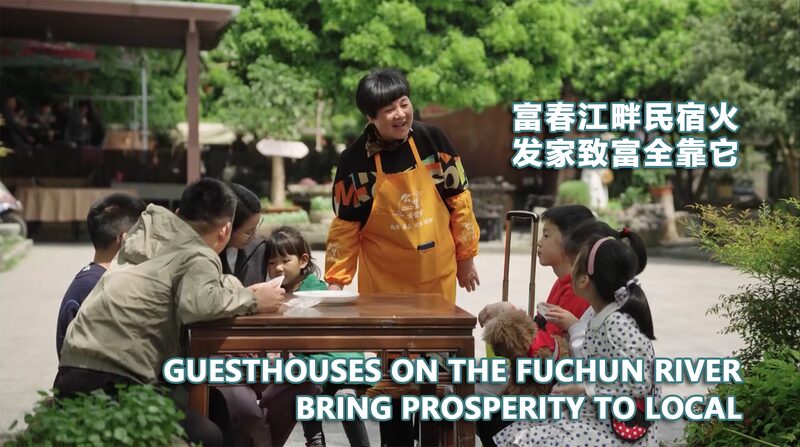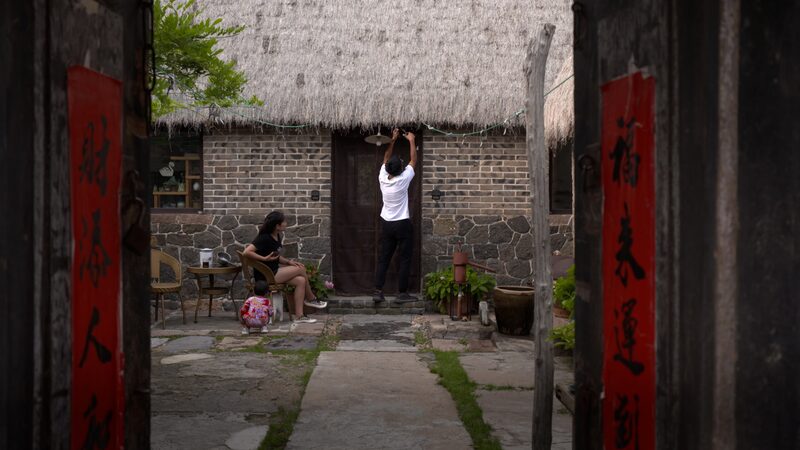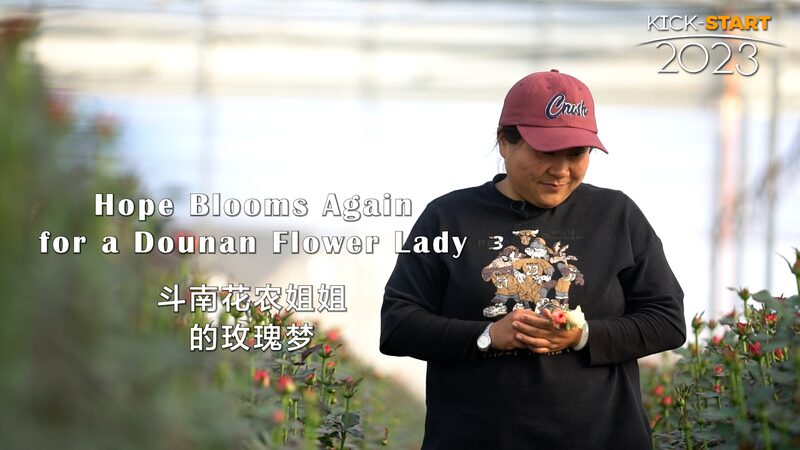On the serene banks of the Fuchun River in Zhejiang Province, a small village has witnessed a remarkable transformation. It all began when Zhu Meijuan decided to open a guesthouse, embracing the natural beauty of her hometown and inviting travelers to experience rural life firsthand.
The decision was a bold one for Zhu, who saw the potential in her village’s picturesque landscapes and rich cultural heritage. Her guesthouse quickly became a haven for tourists seeking tranquility away from the bustling cities. Word spread rapidly, and soon she found herself unable to accommodate the growing number of guests eager to stay at her establishment.
Faced with this joyful dilemma, Zhu pondered how to meet the demand without turning away visitors—or compromising the village’s charm. Rather than expanding her own guesthouse, she chose a path that would uplift the entire community. Zhu began collaborating with her fellow villagers, encouraging them to open their homes as guesthouses as well.
She shared her experiences and offered guidance on hospitality management, helping neighbors navigate the intricacies of running a guesthouse. Together, they established a network of locally owned accommodations, each offering unique experiences while upholding a high standard of service.
This collective effort not only alleviated the shortage of rooms but also spurred economic growth within the village. Residents found new sources of income, and the village flourished with the influx of tourism. The collaborative model fostered a strong sense of community, with villagers working together to promote their shared heritage and environment.
“We wanted visitors to feel the warmth of our village,” Zhu explained. “By opening our homes, we’re not just providing a place to stay—we’re sharing our way of life.”
The success of Zhu’s initiative has drawn attention from neighboring communities, inspiring similar ventures along the Fuchun River. The story of how one woman’s vision led to collective prosperity is a testament to the power of community-driven development.
As tourism continues to grow, the villagers remain committed to preserving their cultural identity and the natural beauty that attracted visitors in the first place. The guesthouses are more than businesses—they are gateways to authentic experiences, bridging the gap between urban travelers and rural traditions.
The transformation of Zhu’s village underscores the potential for sustainable tourism to invigorate local economies while fostering cultural exchange. It all started with a single guesthouse and a desire to share the tranquility of the Fuchun River—a ripple that grew into a wave of prosperity for the entire community.
Reference(s):
Guesthouses on the Fuchun River bring prosperity to local residents
cgtn.com








